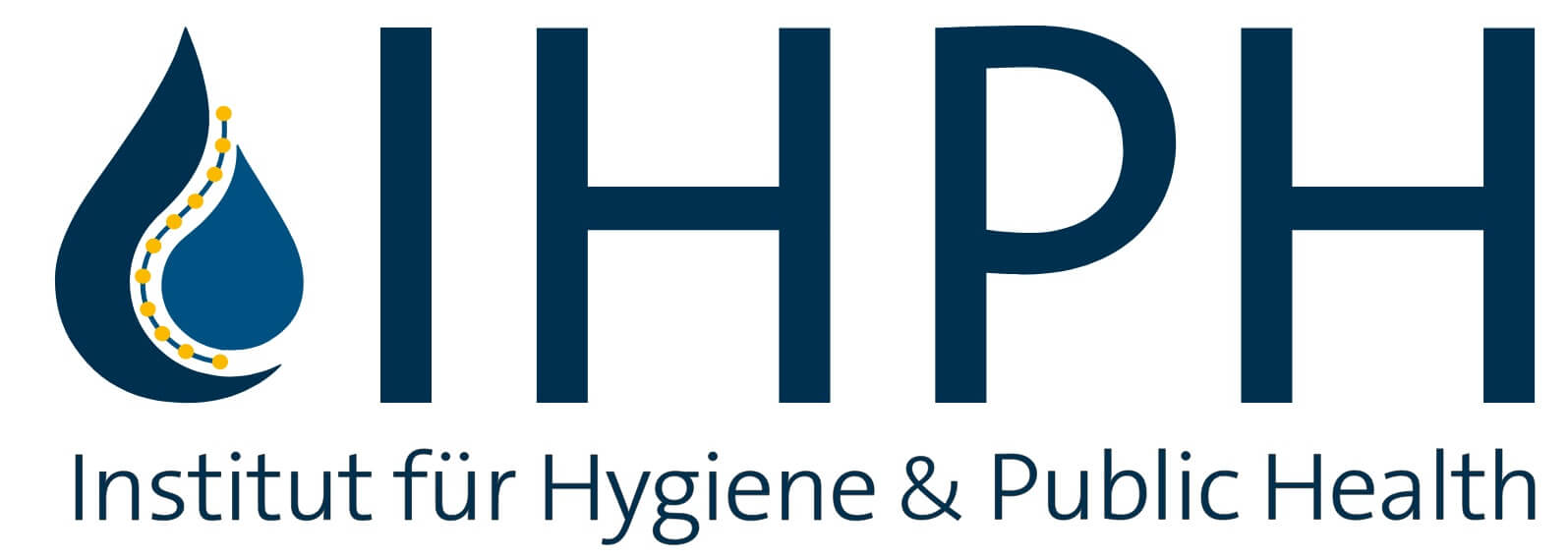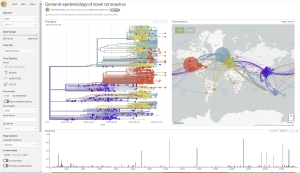NEWS
Newsliste ist GEFILTERT - Zurück zur Gesamtübersicht
31.03.2020 Corona 2019 - interaktive Karte zur Genomverbreitung
nextstrain meldet:
nextstrain.org aims to provide a real-time snapshot of evolving pathogen populations and to provide interactive data visualizations to virologists, epidemiologists, public health officials, and community scientists. Through , we aim to allow exploration of continually up-to-date datasets, providing a novel surveillance tool to the scientific and public health communities.
To that end, we have created a number of open-source tools which have allowed a growing community to produce similar analyses, and we want to promote this community through Nextstrain. Our model for data analysis and sharing is for scientists to store the code used for their analysis in GitHub repositories, and if the results are also stored in these repositories they are automatically made available through nextstrain.org/community/.
mehr...

